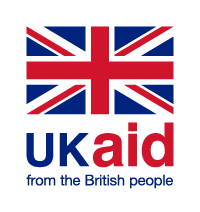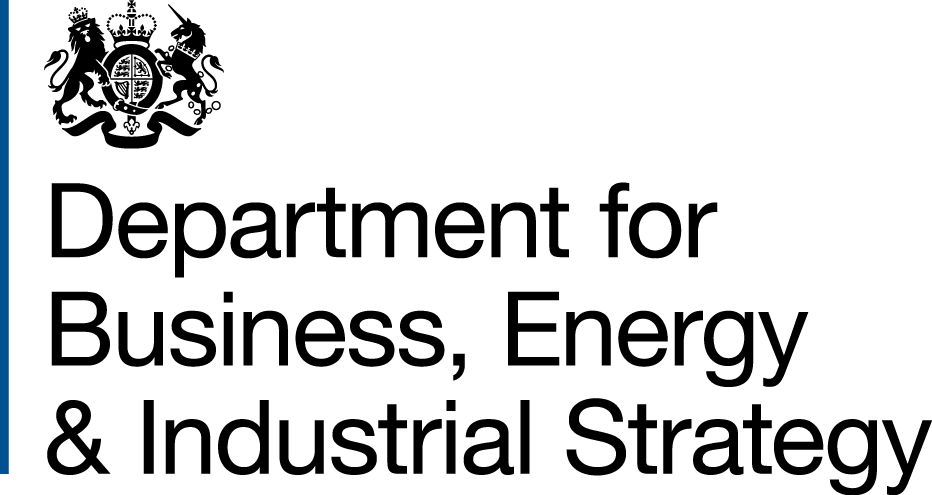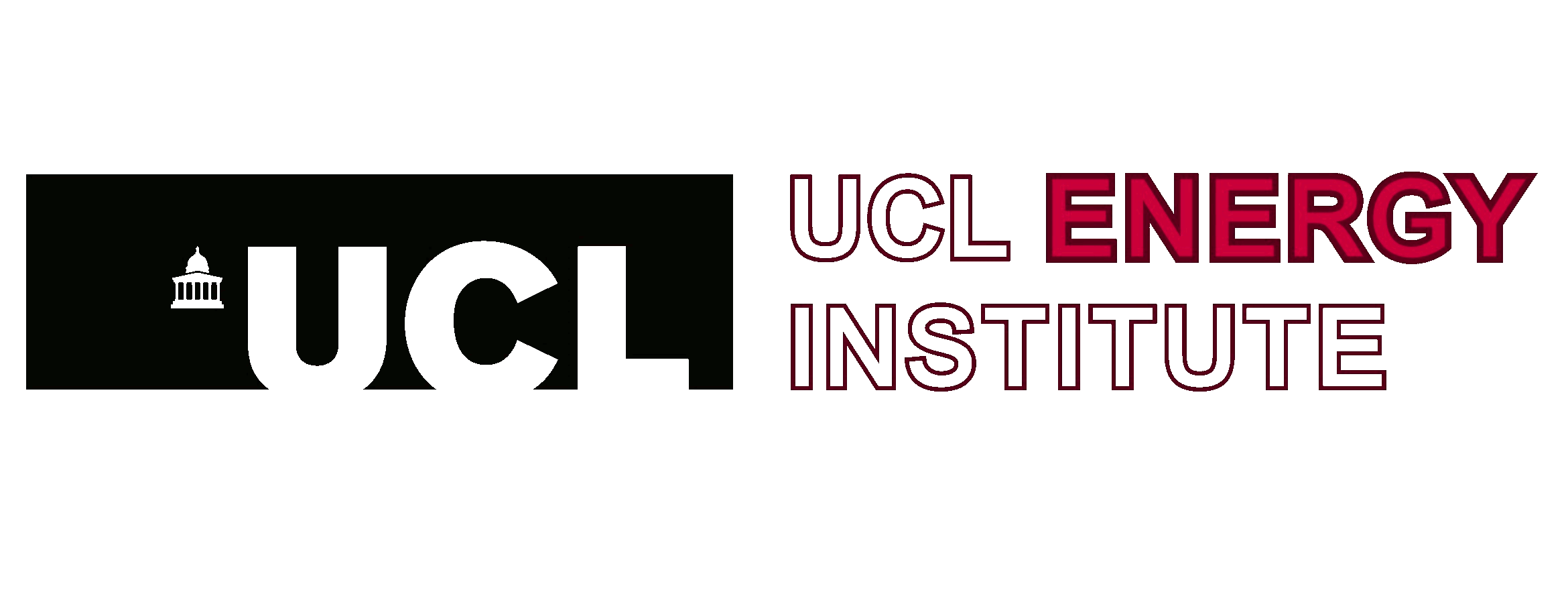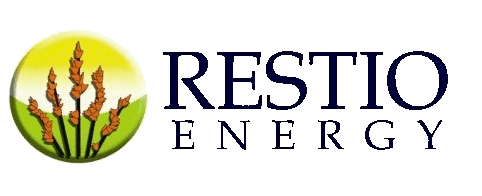Initially, research will be undertaken to identify and analyse existing models for thermal energy service delivery, as well as PPPs in energy in developing countries and Europe: as no scalable model exists for thermal energy service delivery, the project will investigate rural electricity service delivery models, and try to determine if and how they can be used as a reference for a thermal energy model.
Following this, investigators will conduct rural energy market, institutional and policy analysis in the targeted developing countries, to determine what pro-poor public private partnership (5P) thermal energy service models are appropriate for the countries. Interviews will be conducted in each country among policy-makers and a small sample of private or semi-private stakeholders (entrepreneurs, cooperatives) who could implement the STEPs model, as well as wider private sector analysis through questionnaires.
Through this research, investigators will develop a complete STEPs model(s), including institutional arrangements, technology options, financing, business model, facilitating regulation/policy, end-user transactions and more, for providing thermal energy services in rural areas of developing countries. Financial and mapping modelling tools will be developed to analyse the sustainability of these 5P models under different socio-economic conditions, notably density of population and income, accessibility and determine what level of fees shall be fixed.
Knowledge transfer and dissemination is a key component of the project also, and following the implementation of the first STEPs pilot project, replication of the project and dissemination of the key lessons learned from the pilot will be core to the ongoing research. The project team also aims to disseminate findings more widely through high-level academic conferences, as well as through the extensive international networks of the project partners, helping to transfer the knowledge acquired through the STEPs project to developing countries with significant thermal energy service challenges.
Disclaimer
This website is an output from a project co-funded by UK aid from the UK Department for International Development (DFID), the Engineering & Physical Science Research Council (EPSRC) and the Department for Energy & Climate Change (DECC), for the benefit of developing countries. The views expressed are not necessarily those of DFID, EPSRC or DECC, or any institution partner of the project.









